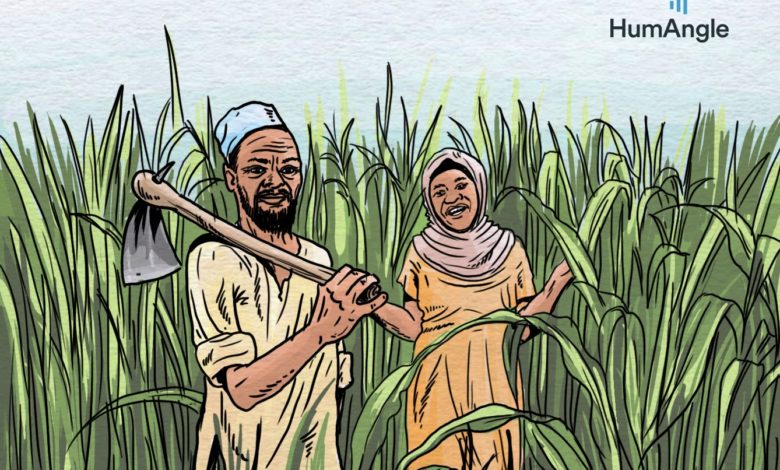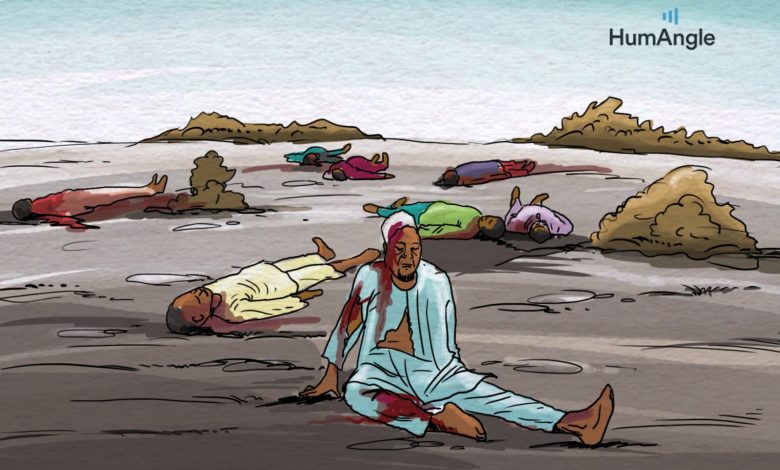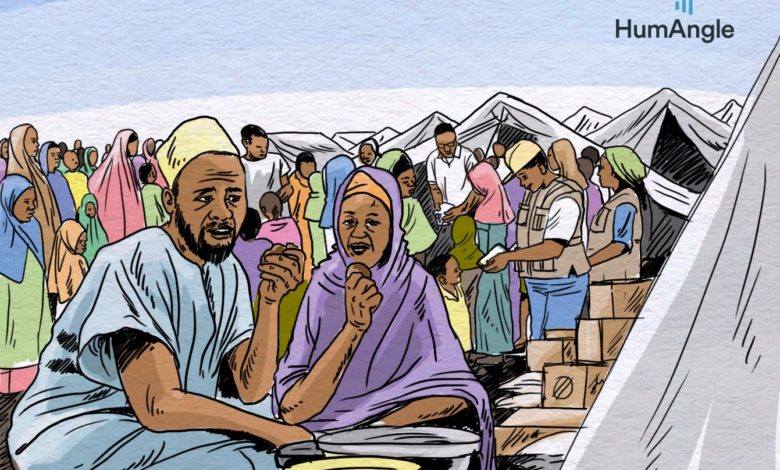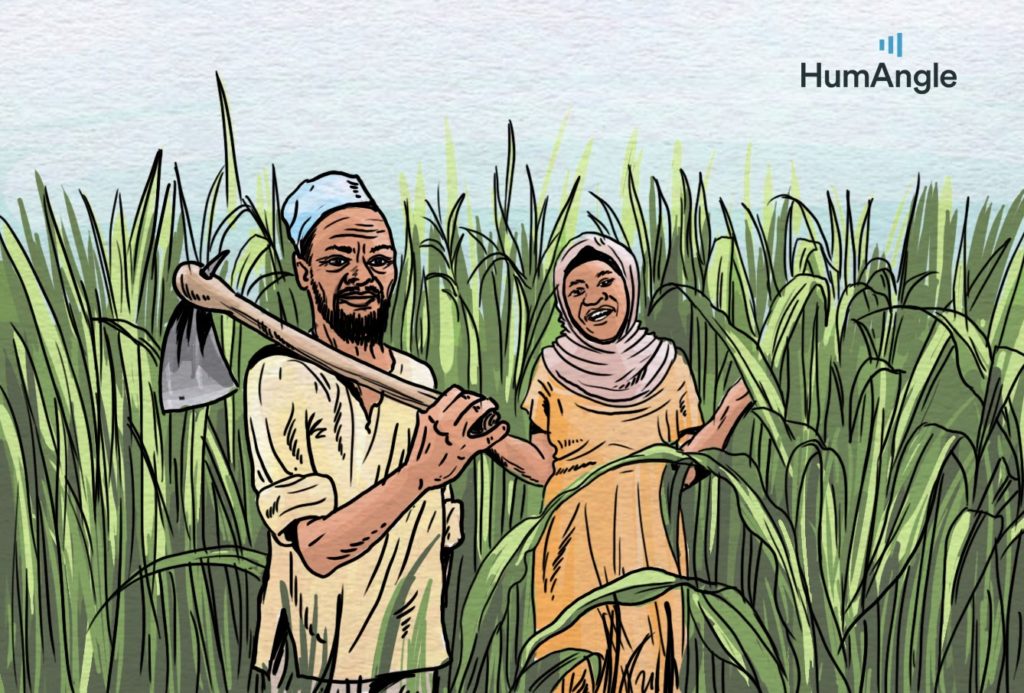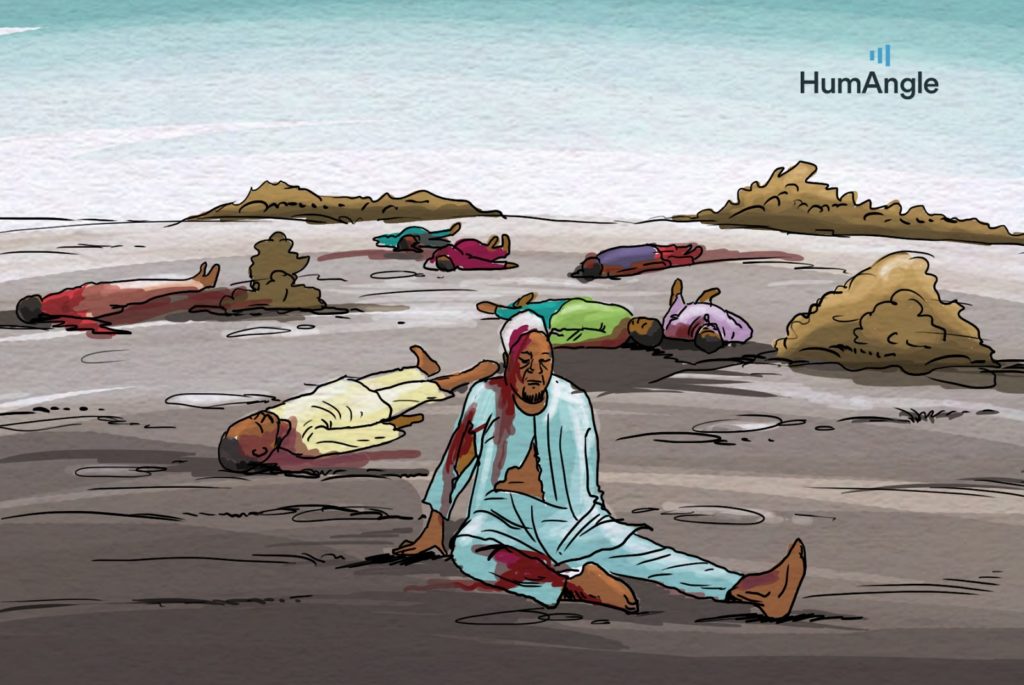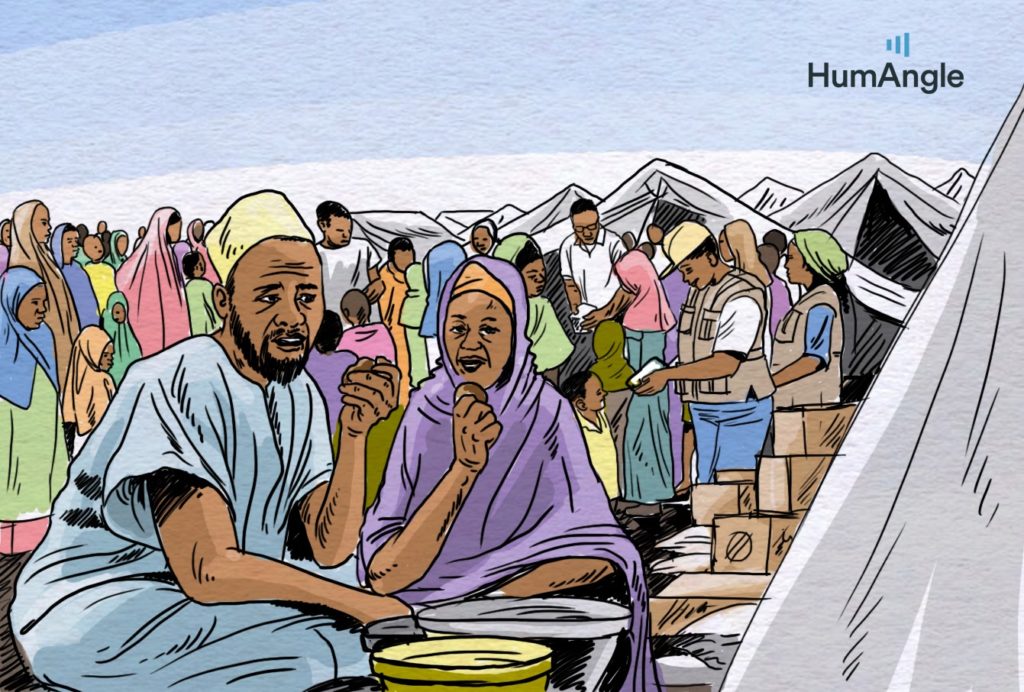IDP Diaries: “Rann Bombing Did Not Kill Me But This Hunger Might”
Muhammad Al-Jarawa narrowly escaped death during the Rann bombing in January 2017. He sustained injuries he is nursing to date and lost loved ones. In this diary, he talks about his move from camp to camp and how IDP aid has reduced since the bombing.
There is hunger. It is not new. Things are difficult. The women now go and pick guinea corn that has sprouted from the ones destroyed by elephants. It took years before I was registered in this camp and in that time, my family and I had to farm; but elephants destroyed our crops. Some people had to go to Cameroon to farm and we had friends who could not eat for two or three days.
Things were not always this bad. Before the bombing in 2017, organisations like the Red Cross used to give us a lot of materials. My name is Muhammad Al-Jarawa. We were staying peacefully in Jarawa when Boko Haram came and attacked us. We; my family and I, fled to Rann when we could not bear it. Rann is the local government area headquarter that the soldiers recaptured from Boko Haram. We got here on March 23, 2016.
Before we came to Rann, we first went to Gira camp in Cameroon. Vehicles from Gamboru used to go there; we then came to Gamboru from there. Boko Haram soon started launching attacks and when it became too much and there was no school, we ran down here with our family. It was peaceful when the Red Cross was giving us food. They had interventions alongside other organisations.
Everything changed on Jan. 17, 2017. That morning, we saw a fighter jet flying over us at about 11 a.m. We thought we were safe by staying with the soldiers but the jet fired bombs at us. About 120 people died and 200 were injured; I was among them and sustained injuries on my hand and leg from a bullet that went through. Many people died, many were injured and many things happened.
The military said it was a mistake and that they meant to bomb Boko Haram people. I have not seen anything since I came back from the hospital. Things changed after that day. Organisations that used to help us with food are hardly available now. Some of them were killed. We are hungry now.
(Additional reporting by Fatima Bukar and Yakura Kumshe)
Note: IDP Diaries is a first-person account by the subject themselves. The account has been translated for reading by HumAngle.
This is a multiple-part series; click here to read other IDP Diaries.
This report is a partnership between HumAngle Media and Premium Times Center for Investigative Journalism (PTCIJ) under the ‘Accountability Journalism & Investigative Reporting for Deepening Democracy and Development’ project.
Support Our Journalism
There are millions of ordinary people affected by conflict in Africa whose stories are missing in the mainstream media. HumAngle is determined to tell those challenging and under-reported stories, hoping that the people impacted by these conflicts will find the safety and security they deserve.
To ensure that we continue to provide public service coverage, we have a small favour to ask you. We want you to be part of our journalistic endeavour by contributing a token to us.
Your donation will further promote a robust, free, and independent media.
Donate HereStay Closer To The Stories That Matter

